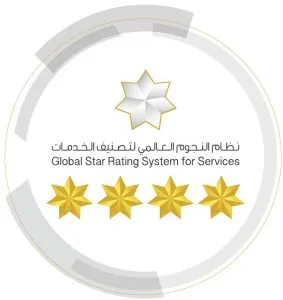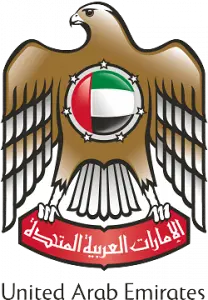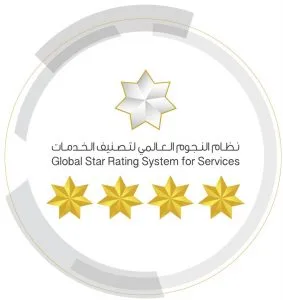Electronic Link is the Answer
19/02/2013
Amid people’s concerns and many responsibilities, requesting some official documents and updating them to achieve some transactions, becomes a tedious and tiring matter not everyone can bear, and the ones who do, would bear it grudgingly for the time, effort and money such tasks would cost them, as institutions are far apart, and achieving transactions is different in terms of the time and how it is done, from one federal and local institution to another. And if we as youth possess all the material and human means to achieve our transaction, we can only imagine the suffering which the elderly and people with special needs in the country have to go through when having to complete this kind of transactions and in preparing many documents required to achieve their transitions, which are considered their lifeblood.
The United Arab Emirates is considered today among the countries which has made great strides in the area of electronic services provided by the country’s federal and local institutions, but the reality in some institutions confirms that the progress in achieving electronic transactions is not moving at the same pace, as there is disparity between one department and another, and between one minister and another. Furthermore, despite our keenness as a country on achieving transactions electronically, we are yet to achieve an electronic link between all local and federal institutions, despite the time and effort such link would save and the services it will provide, as it well create one electronic file for each individual in the country, containing social and marital status, health file, family school commitments and other information which would save the person the trouble of having to visit every institution and department separately to prove marriage, divorce or studying continuity, or property list or any other matters requiring confidentiality in dealing by the system.
The unified electronic link might represent a problem to some departments and institutions collecting fees from issuing this kind of documents, but in fact tiring individuals and places too much pressure on them in a country looking to enable its citizens of achieving their transactions via personal mobile phones, while the aspiration of the individuals are still at reducing burdens related to frequent and periodic visits to institutions to issue certificates and documents that are supposed to be of the data included in the a population registered in the country, that is updated on mandatory form to help employees achieve transactions without tiring customers.
UAE Population is not the number that is too high to achieve a database about its individuals, and we now have the ID card which could help, through developing it and reshaping its objectives, to be the link tool between our federal institutions as a first step followed by the local ones.
Latest Blogs
“Customer Councils” as an Opportunity to Improve Services and Enhance Transparency
Youth and Future Vision of the UAE ICP
Emirates Customs” a unified identity to enhance competitiveness
Zero Government Bureaucracy Programme… Emirati leadership
Cancellation of the ‘residence sticker’ is a step to make Customers Happy
The third generation of developed identity and citizenship services embodies the fifty principles
You can help us improve by providing your feedback about your experience.
Have you recently used our services through our digital platforms?




Rate your experience